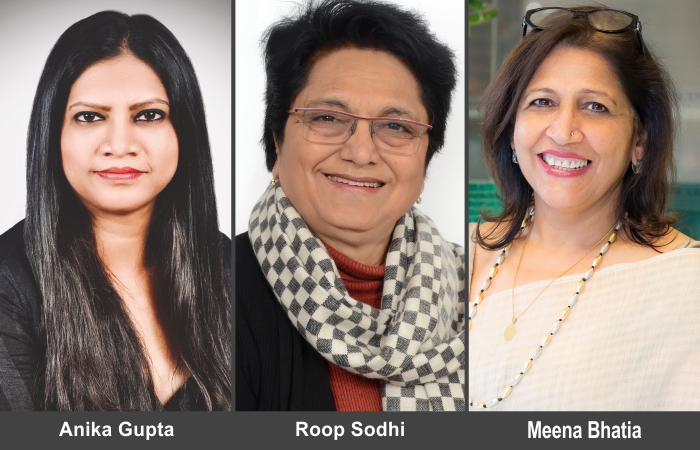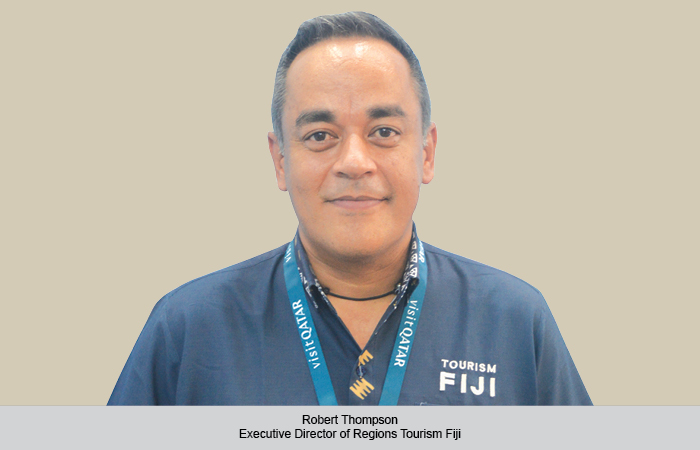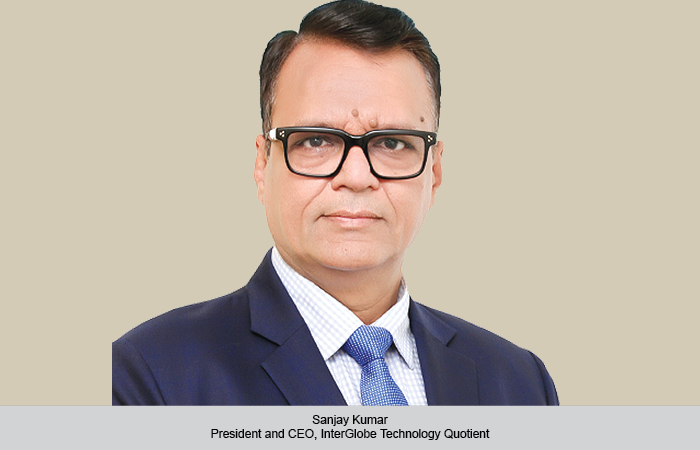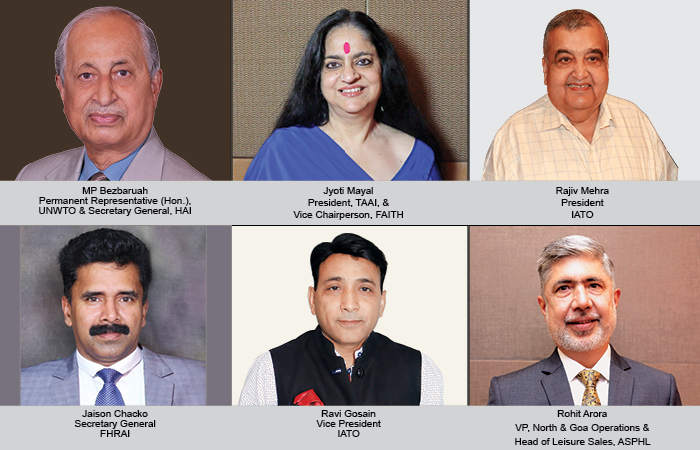FHRAI has urged FM to waive off secondary conditions with regard to average forex earnings under the EPCG scheme.
Hazel Jain
The Federation of Hotel & Restaurant Associations of India (FHRAI) has written to Finance Minister Nirmala Sitharamn to bring to her notice that many of its hotel members who had taken the licences under the Export Promotion Capital Goods (EPCG) Scheme from 2007-08 onwards were not able to maintain the secondary condition, that is, maintaining the average foreign exchange earned during the first three years from the date of issue of licence over and above the Export Obligation fixed for the licence. This, it said, was due to some external factors which are “well justified”.
According to FHRAI, though most of the hotels managed to fulfil the primary condition of export obligation, they were not able to maintain annual average over and above the EO. The decline of foreign exchange earnings during this period had been in excess of 5 per cent on a year-on-year basis and FHRAI has been following up with the Ministry of Tourism and the Directorate General of Foreign Trade (DGFT) for the last many years for a waiver of this condition which was added only in 2008 as part of the Foreign Trade Policy.
Many hoteliers have voiced this concern. Anika Gupta, Director Development- Eurasia, Wyndham Hotels & Resorts, said, “As per data revealed by the Ministry of Tourism, foreign tourist arrivals fell from 10.9 mn in 2019 to 2.74 mn in 2020, further going down to 1.11 mn in 2021 YTD November. These lower statistics pose a challenging task for the industry to meet the EPCG’s annual average exchange earnings requirements.”
Gupta adds that waiving off the secondary condition will help. “When the industry is reeling with much lesser foreign tourist arrivals and therefore lower forex earnings, waiving secondary conditions will prevent defaults and penalties regarding the EPCG license. As timing is everything, giving this waiver right now may prove to be a well-timed gesture for the recovery of the hotel industry,” she adds.
Primary conditions fulfilled
The hospitality industry has been facing many challenges particularly meeting these secondary conditions in case of EPCG scheme, says Roop Sodhi, Executive Director, BW Resort Country Club, Gurugram. She explains, “The secondary condition was not applicable for the service industry before 2007-2008. It was introduced in 2008, at a time when the hospitality sector was doing well in India. But on account of the global financial crisis which swept the world, the industry was badly affected resulting in fewer foreign travellers due to the contracting of the global economy and the huge impact in US and Europe. In spite of various challenges in the past, our industry has managed to fulfil the primary conditions for years. However, complying with the secondary conditions which did not exist in the scheme before 2007 is a challenge and over the years it has become impossible to comply on account
of volatile and challenging economic environment.”
Sodhi affirms that there will be no loss to the government on account of the waiver, since the hotels have already met the primary conditions of export obligations by fulfilling the necessary forex for the licenses granted. Meena Bhatia, Vice President and General Manager, Le Meridien, New Delhi, outlines the proposed EPCG scheme that will help the sector recover. “We want the average Export Obligation to be waived off and a relaxation in period of submission of Installation Certificates. We would also appreciate zero per cent EPCG with specific EO of six time of duty saved amount to be fulfilled in eight years without maintaining past performance. Either this, or a three per cent EPCG – same as previous years’ scheme – with specific EO of six time of duty saved amount to be fulfilled in eight years.”
 TravTalk India Online Magazine
TravTalk India Online Magazine





